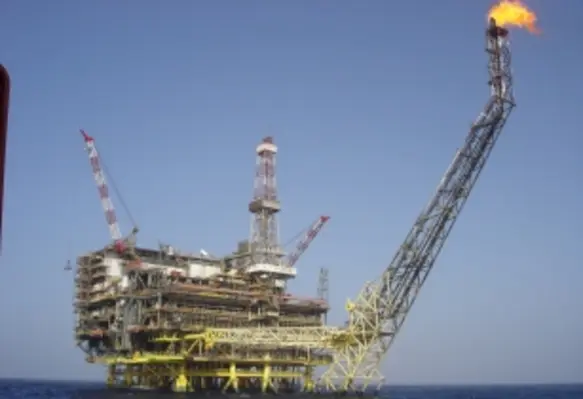Libyas Sharara and El Feel oilfields returned to production this week after protests which blocked the pipelines came to end
However, the restart in production has fuelled concerns about whether the worldwide glut of oil inventories can be alleviated by oil producing countries and whether increased production is necessary while gasoline demand remains sluggish.
The Sharara and El Feel oilfields can produce around 400,000 bpd and this restart comes amid talks between OPEC members and Russia in regard to extending the deal to cut 1.8mn bpd in the second half of 2017. Adding to the potential woes for the Libyan oil industry as well as the country's wider economy, the Council of the European Union announced earlier this month that it was going to renew sanctions against Libya for another six months. In a statement, the council said it remains concerned about the situation in Libya, particularly "acts that threaten the peace, security and stability of the country".
Additionally, the Libyan government has been working towards stopping factions in eastern Libya selling oil independently of the country's National Oil Corporation (NOC), declaring the efforts to sell oil without its approval "illegal" in a statement released last month. The NOC also warned potential buyers not to enter into non-state contracts, asserting that it was the only body authorised by the UN to export crude oil and oil products from Libya, and that only the 16 IOC which hold NOC contracts could buy oil or charter tankers from Libyan ports.
The NOC announced that it had identified "a group of individuals abusing the current status of political division in Libya by entering into illegal contracts with unknown or unqualified companies". However, it did not provide details of the individuals or organisations it believed to be involved. The statement went on to say that the "individuals and others associated with them have offered Libyan crude oil for sale at huge discounts below the official selling price" and that "serious legal consequences and financial losses" could result from this trade.








